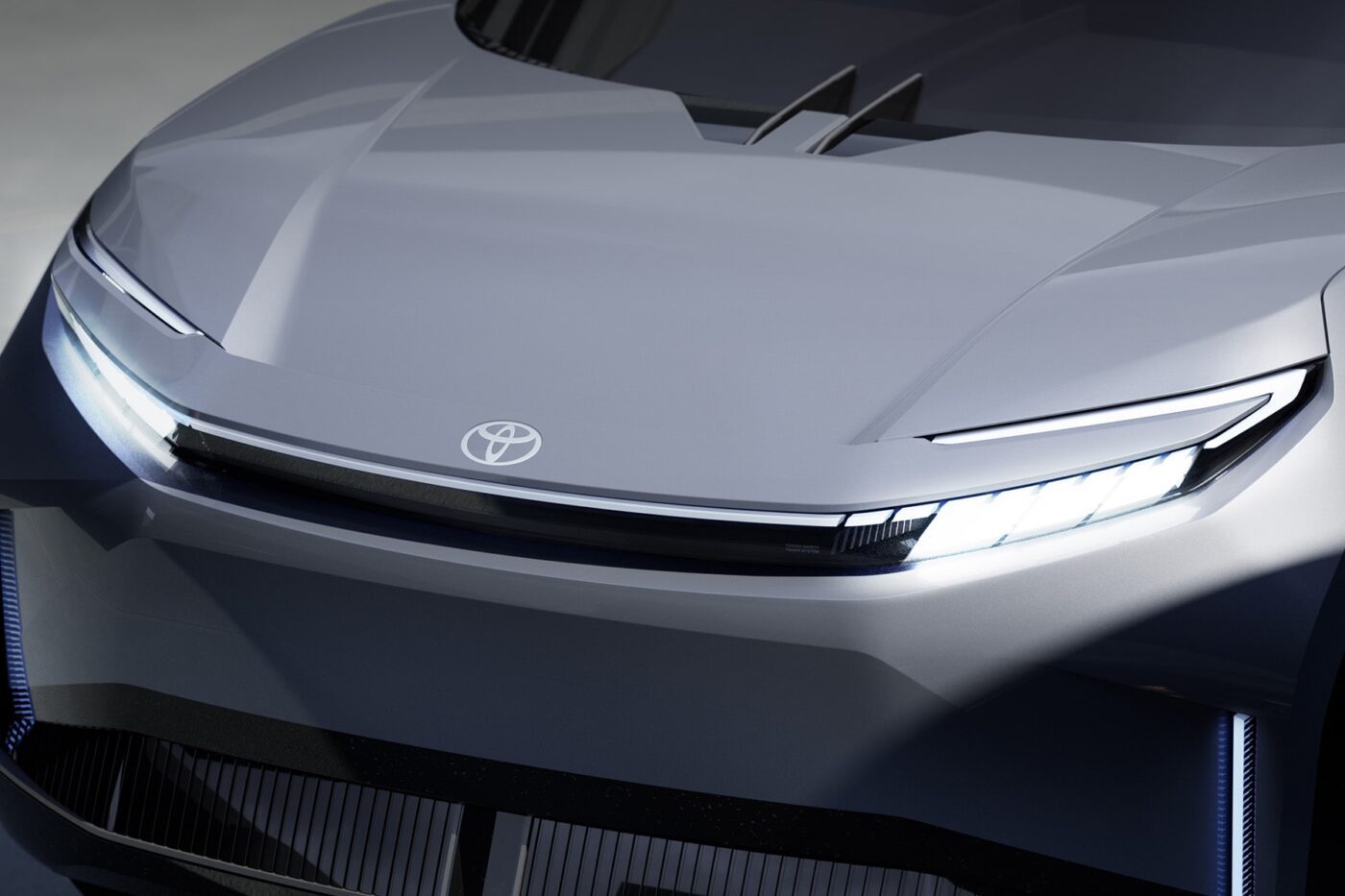Toyota could become main customer for LGES battery factory in Michigan
As Bloomberg reports, Toyota is stepping in and has agreed to transfer an existing order from another LG plant in Michigan to the factory in Lansing as soon as LG Energy Solutions (LGES) has formally taken over. That is expected to happen this spring. According to people familiar with the deal, this order has a total value of 1.5 billion dollars.
This is likely to be the order announced in October 2023 – or at least parts of it. No order volume was officially stated at the time. It was merely said that LG Energy Solution would invest three billion US dollars in the plant in Michigan to fulfil the supply agreement. According to the order, LGES will supply Toyota with battery modules (with cells produced in-house) totalling 20 GWh from 2025. These will be NCMA pouch cells with a high nickel content, as Toyota announced in 2023. The batteries will be used in the new electric cars that Toyota North America plans to manufacture in the US – so probably starting with the electric seven-seater SUV.
LG did not want to comment on the information about the alleged Toyota deal when asked by Bloomberg. According to a spokesperson, an announcement will be made once the plant takeover is finalised. The exact timing of the handover still depends on other deals in the background: Ultium Cells had received a grant of 186 million dollars for the plant. GM is still working with the state of Michigan and the Michigan Economic Development Corporation “to transfer those incentives to LG,” according to Bloomberg.
GM and LGES continue to work together
In the meantime, General Motors and LG Energy Solution had planned up to four cell factories in the US in their joint venture Ultium Cells – two battery plants in Ohio and Tennessee are already in operation. The plans for the fourth plant, which was to be built in New Carlisle in the US state of Indiana, were put on hold at the beginning of 2023. However, the third factory in Lansing was built – until GM withdrew from the factory project at the beginning of December 2024 and sold its share of the almost completed plant to LGES. It is important to note that GM only withdrew from the Lansing factory; the ownership structure of the joint venture and the two factories in Ohio and Tennessee did not change.
A purchase price was not disclosed at the time, but according to the Bloomberg report, LGES is said to have paid the US car manufacturer around one billion dollars. In return, the Korean cell manufacturer could or had to look for a new customer, which will now be Toyota. It is not clear from the report what will happen to the other Michigan factory that was supposed to fulfil the Toyota order.
However, the prospects for the second plant are not all that good: in the days of former US President Joe Biden’s Inflation Reduction Act, many battery companies invested in US production, accompanied by generous subsidies from Washington. However, demand has not developed at the same pace, and the current US President Donald Trump has taken a much more EV-critical course – the subsidy programmes for electric mobility are on the brink of collapse, which has led to further adjustments to the car manufacturers’ plans.
Toyota’s plans for US sales have apparently also been adjusted somewhat. In 2023, it announced that it would install LGES battery modules in US-made electric cars. However, Bloomberg writes that the batteries ordered from LGES “can be used in either EVs or hybrid vehicles.” For LGES, this is not as attractive as pure BEV production, as hybrids with smaller batteries require significantly fewer cells.
With this in mind, LGES is probably looking to broaden its footprint with the Lansing plant. One of Bloomberg‘s informants stated that part of the production from Lansing is to be sold to customers for stationary storage – given the boom in data centres for AI development, the Koreans see growing demand in this area and are reportedly preparing to start producing corresponding cells soon.





0 Comments